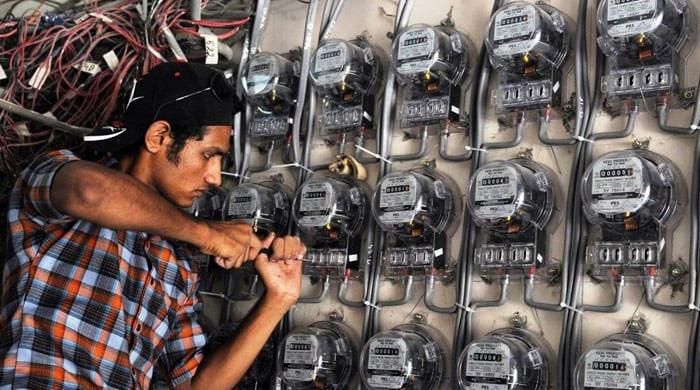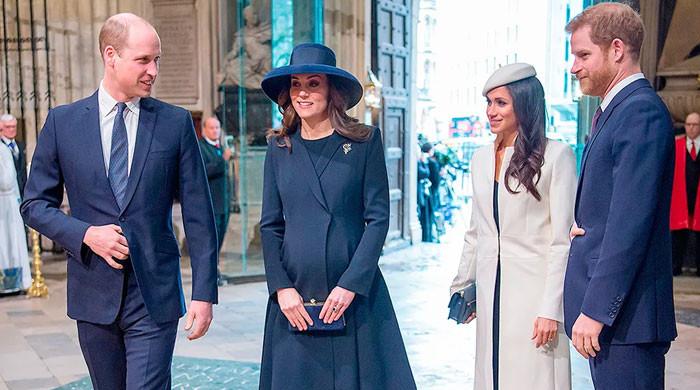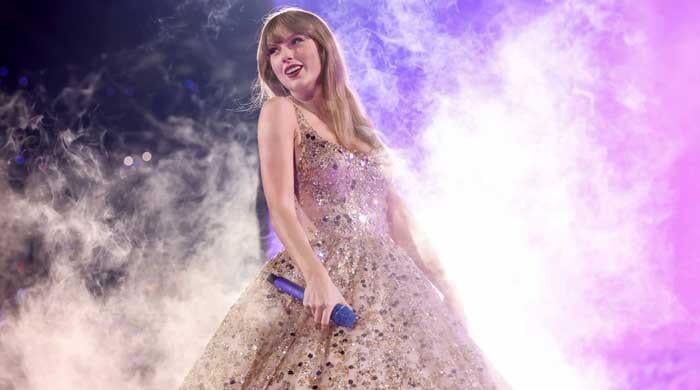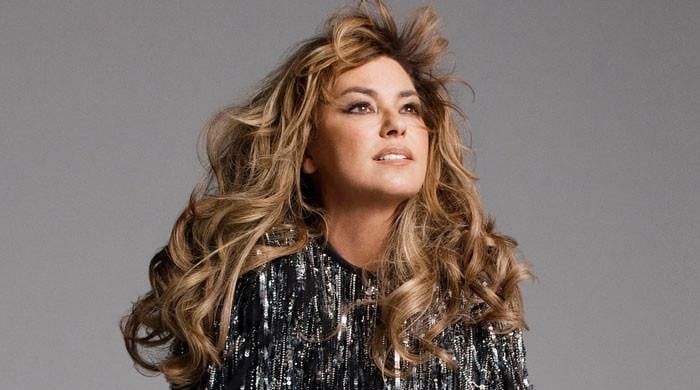- The tariff increase will also apply to electricity consumers in Karachi.
- Those who use up to 200 units will be exempt from the price increase.
- The exemption will remain in effect for up to three months.
ISLAMABAD: After increasing the petroleum tax and agreeing to impose taxes on agricultural income, the Prime Minister Shehbaz Sharif-led government has increased the base rate for domestic consumers up to Rs48.84 per unit, News reported on Monday.
The increase in electricity prices, according to the notification issued by the Power Division, will also include consumers in Karachi, however, it will not apply to consumers who use up to 200 units per month and who have been exempted from the increase for three months.
The tariff hike comes after the National Electricity Regulatory Authority (Nepra) approved the federal government's request seeking an increase of up to Rs 7.12 per unit in the base tariff of electricity for domestic consumers last week.
The energy regulator has issued its approval decision on the federal government's application proposing increases in electricity rates for domestic, commercial, general service, bulk and agricultural consumers.
Geo news obtained a copy of the 52-page decision of Nepra which was sent to the federal government to implement the increases in electricity tariffs after the latter proposed a uniform tariff for all power distribution companies (Discos) and K-Electric.
Prior to that, on July 5, Nepra had approved an increase of Rs3,3287 per unit in the price of electricity for the month of May 2024 on account of adjustment of monthly fuel charges (FCA); the increase, however, was not applicable to K-Electric consumers.
Meanwhile, the federal cabinet also approved increasing the base tariff for commercial consumers by Rs8.04, agricultural consumers by Rs6.62, general services by Rs6.96 and wholesale consumers by Rs5.96.
Following the increase, the base rate for agricultural consumers reached Rs 46.83 per unit and Rs 61.03 per unit for general services, sources told the publication.
Considering that after an increase of Rs 5.51 per unit, wholesale consumers would pay Rs 59.96 per unit from July, the cabinet maintained the basic electricity tariff for industrial consumers.
The exemption for those who use up to 200 units of electricity per month comes after Prime Minister Shehbaz, while speaking at an event on Tuesday, had announced a three-month exemption for such consumers.
“These households represent 94% of electricity consumers. This subsidy will be financed through the development fund of our budget,” he explained.
Below is a summary of the electricity rate increase for domestic consumers:
- From 201 to 300 units: The rate has been increased by Rs7.12 to Rs34.26 per unit.
- 301 to 400 units: Tariff increased by Rs 7.02 to Rs 39.15 per unit.
- Monthly rate for 401 to 500 units: Rate increased by Rs6.12 to Rs41.36 per unit.
- 501 to 600 units: Rate fixed at Rs 42.78 per unit.
- 601 to 700 units: Tariff fixed at Rs 43.92 per unit.
- 700+ units: Flat rate of Rs48.84 per unit
Meanwhile, the per-unit tariff price will be further increased by adding taxes depending on the time slot. For Lifeline users up to 50 units per month, one unit will cost Rs3.95 per unit, while for consumers of 51 to 100 units it will be Rs7.74 per unit.
The tariff hike was aimed at improving Pakistan's chances of securing a new program from the International Monetary Fund (IMF).
The country has since agreed to a three-year, $7 billion bailout programme that now needs to be validated by the fund's Executive Board, which should allow Pakistan to “consolidate macroeconomic stability and create conditions for stronger, more inclusive and more resilient growth,” the Washington-based lender said.
The new IMF program has been supported by both the federal and provincial governments.












